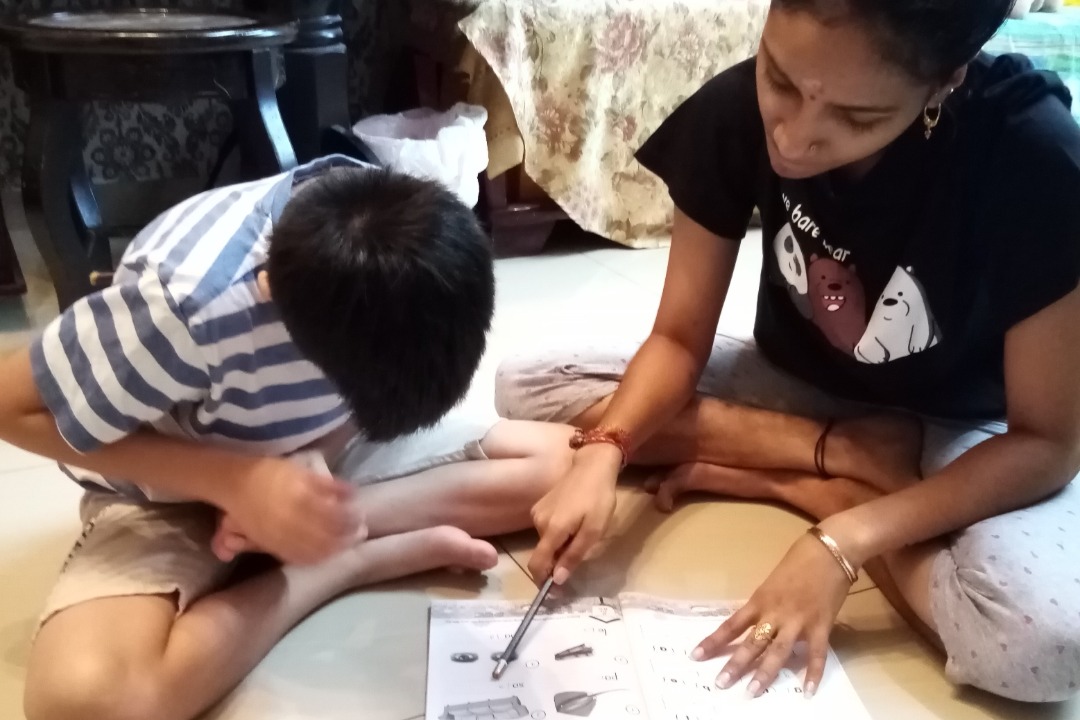KUALA LUMPUR, May 12 — About 78 per cent of students from low-income households in Kuala Lumpur lost interest in studying following lengthy lockdowns amid the Covid-19 epidemic, a United Nations (UN) survey reported.
In a report by the UN agencies — Unicef and UNFPA — titled “Families on the Edge” launched yesterday on a survey among 500 households in 16 low-cost flats in the capital city, it was found that 61 per cent of children lost interest in studying because of online learning.
This report was the fourth and final report in the UN’s “Families on the Edge” series based on data collected between February and March this year.
The report — which was presented by DM Analytics managing director Muhammed Abdul Khalid during the virtual launch — also found that the majority of parents (82.5 per cent) want their children to return to school instead of learning online. Only 17.5 per cent of respondents agreed for their children to learn online instead.
Nearly half, or 49 per cent, of respondents who want their children to go to school said that their children do not have a place to study at home hence, they are unable to concentrate on their studies.
About 43 per cent of respondents said that they are unable to monitor their children during online classes; 23 per cent of respondents did not have laptops, phones, or tablets; and 22 per cent of them did not have access to stable internet connection.
Meanwhile, 14 per cent of respondents said that their children did not want to learn online, 12 per cent said they had no internet at all, seven per cent said they could not access free internet for educational purposes, and two per cent said that online learning was not accessible for children with disabilities.
About 88 per cent of respondents said their children relied on using smartphones which they had to share with their parents and other siblings for online learning, while only 29 per cent and five per cent said they relied on laptops and tablets respectively.
“Since some parents have to go out to work during movement control order (MCO) 2.0, access to devices become more limited because the children mostly rely on the parents’ telephones and mobile data for online learning,” the report said.
On the other hand, these families also face various challenges in sending their children to school during this pandemic period. As compared to September 2020, more respondents face difficulties in paying transportation fees for their children to go to school.
Besides that, eight per cent of the respondents said that they have severe difficulties as their children have lost interest in studying or going to school, higher than last September when only six per cent of the respondents faced these challenges.
The percentage of respondents who did not face any difficulties in their children losing interest in studying or going to school also dropped from 82 per cent last September to 74 per cent this year.
Cathryn Anila, from Vanguards4Change and a member of the Child Rights Coalition Malaysia during the moderated discussion at the virtual launch, said that the community must come together in assisting children to get the education they need.
“The head of the flats for example, should also look at how many children need this kind of assistance, whether they are able to provide it,” Cathyrn said.
“Some of the recommendations to improve. It could be reaching out for help and if we know of someone who needs help, we should also try to use our network and connections to try and just bridge, help those that need help.”
Dr Narimah Awin from the United Nations Population Fund (UNFPA) also pointed out that more people, Malaysians who are rich and can afford to help people, should donate laptops to these groups of children who are in dire need.
“These children are in dire need. Why can’t philanthropists get together?” Dr Narimah said.
The report pointed out that none of the respondents mentioned their children being recipients of aids for the purpose of remote learning from the government.
“Innovations in remote learning that will address children who are left behind due to these limitations must be addressed at policy level. However, there are no clear strategies on this issue that have been publicly discussed or where parents are widely consulted,” the report added.
The government has implemented the third nationwide Movement Control Order (MCO) from tomorrow until June 7, closing all educational institutions and barring inter-district and interstate travel, as a surge of coronavirus infections pushes intensive care units (ICU) across multiple states to full capacity.








